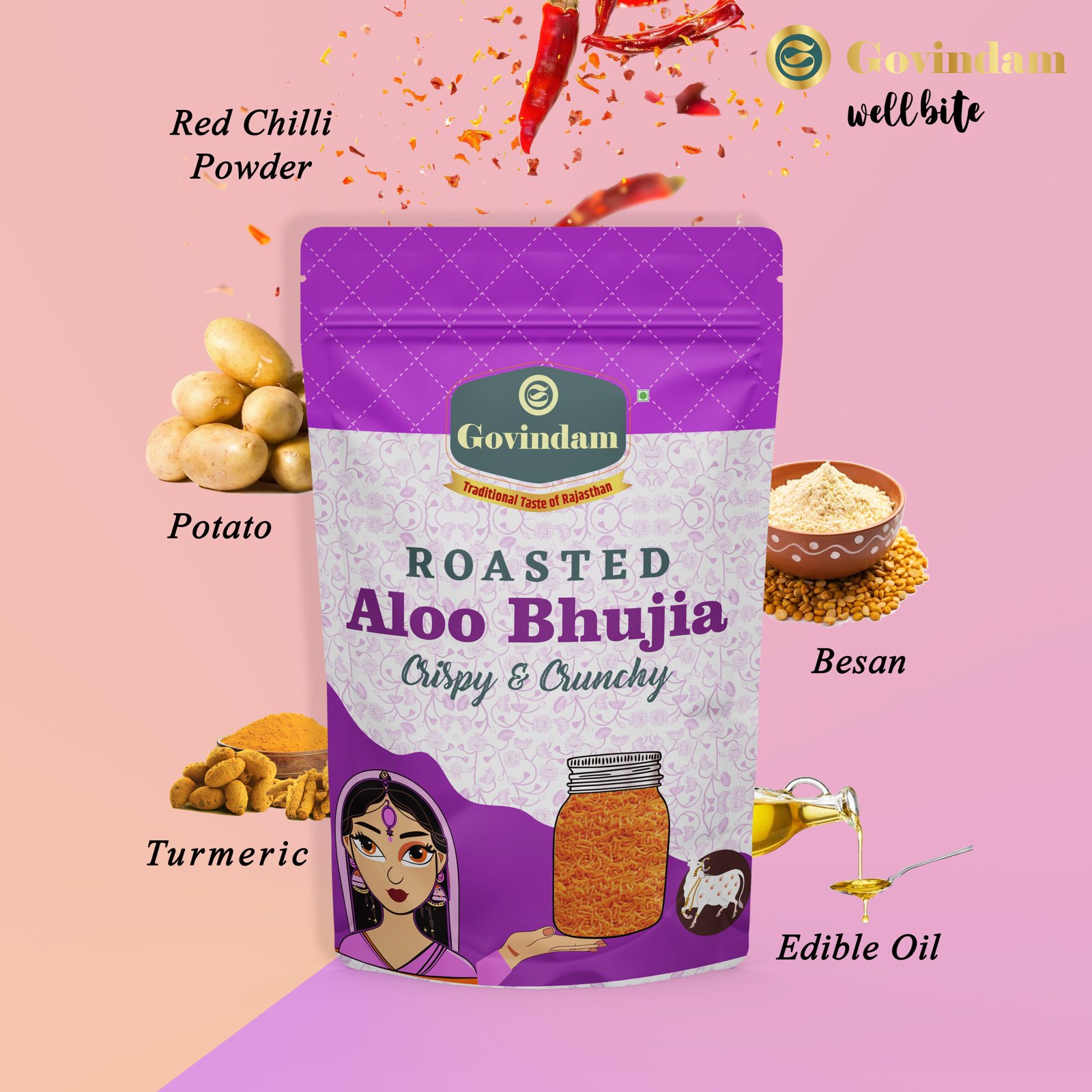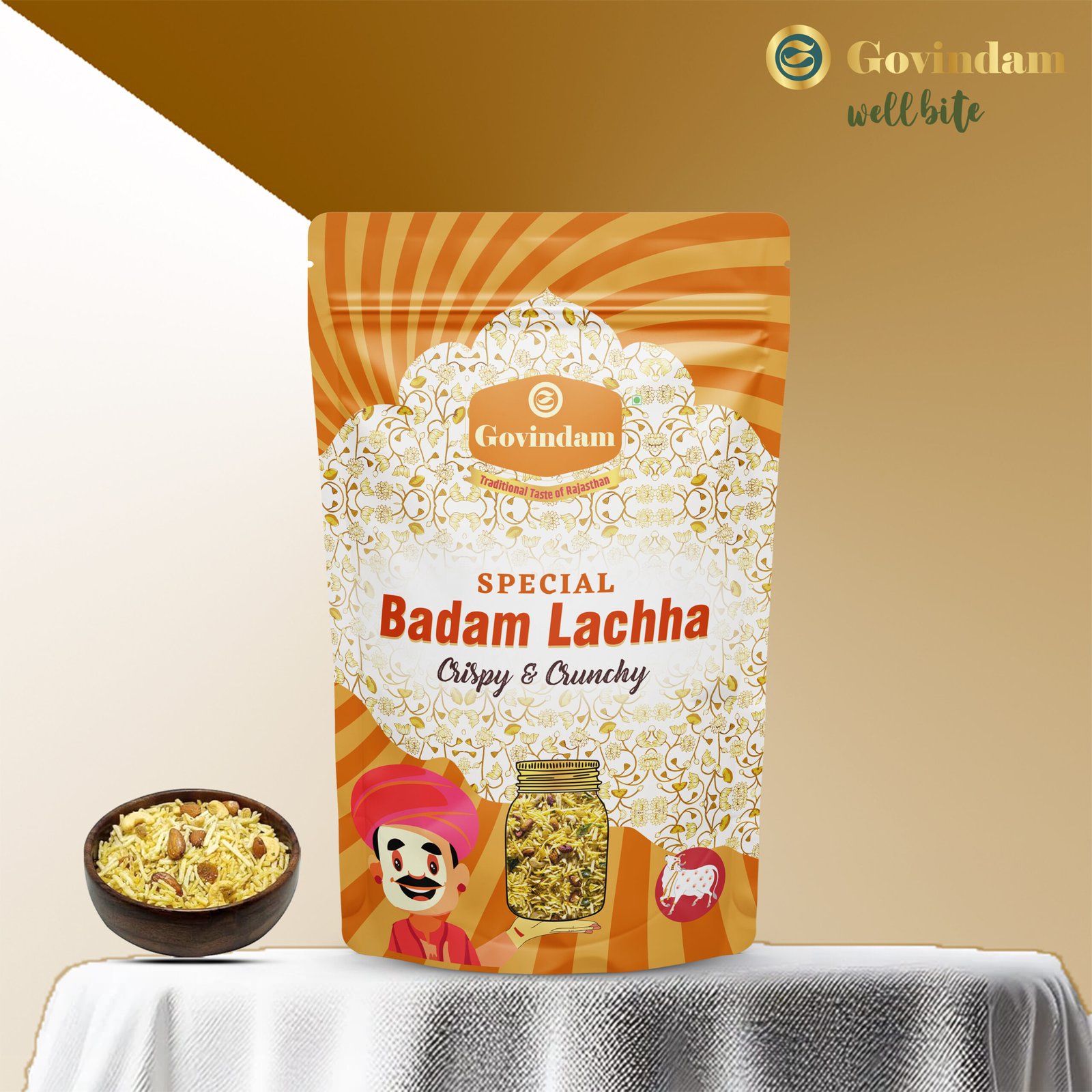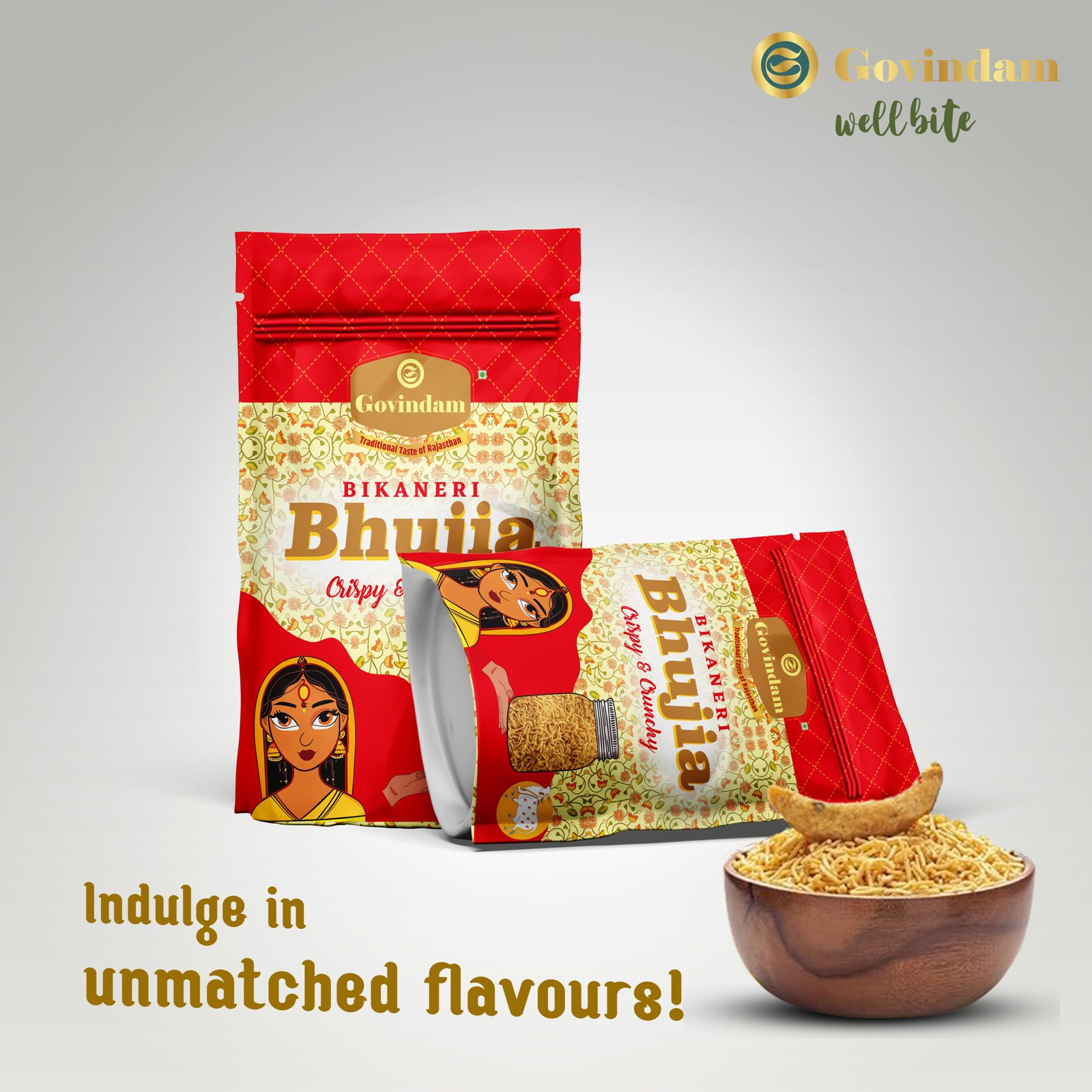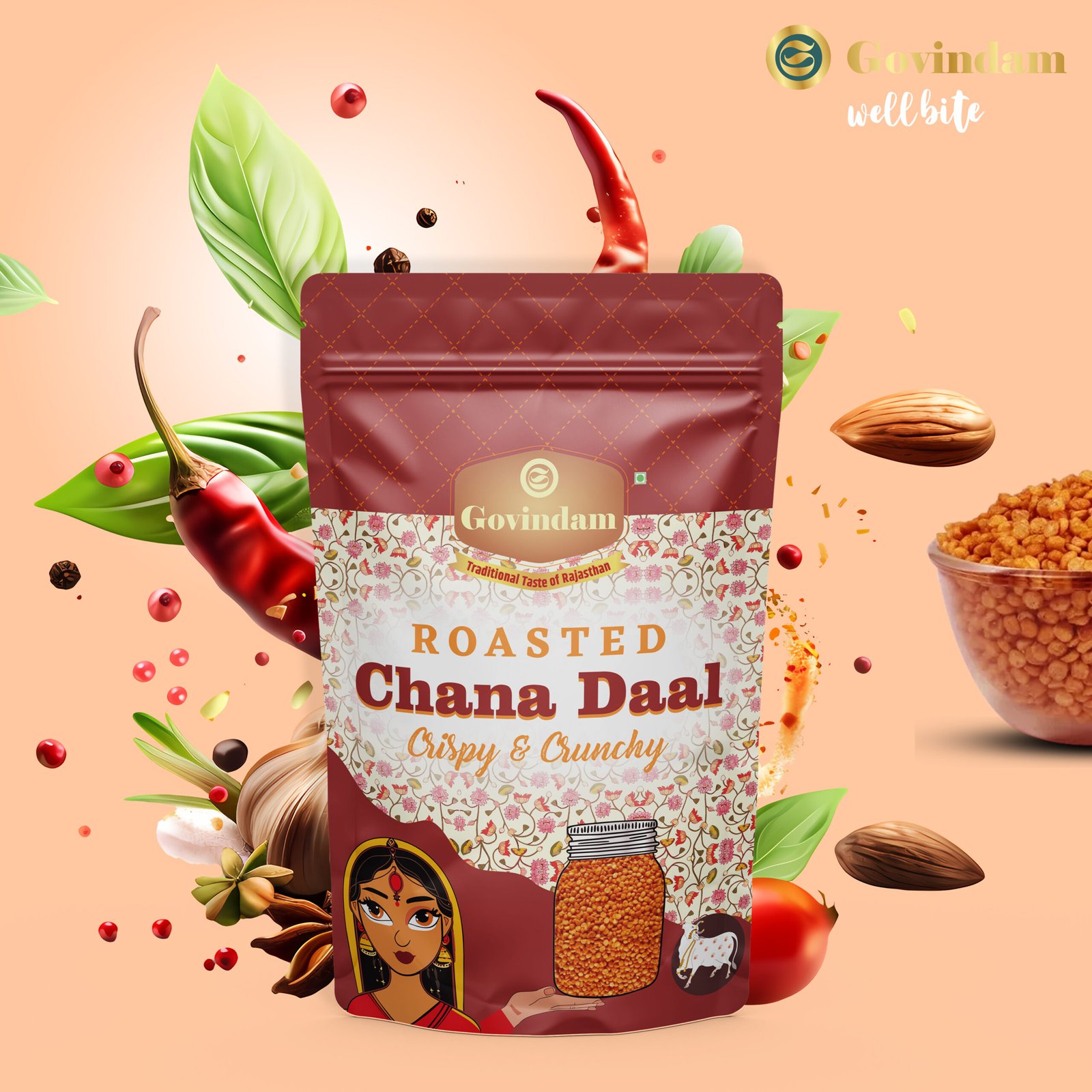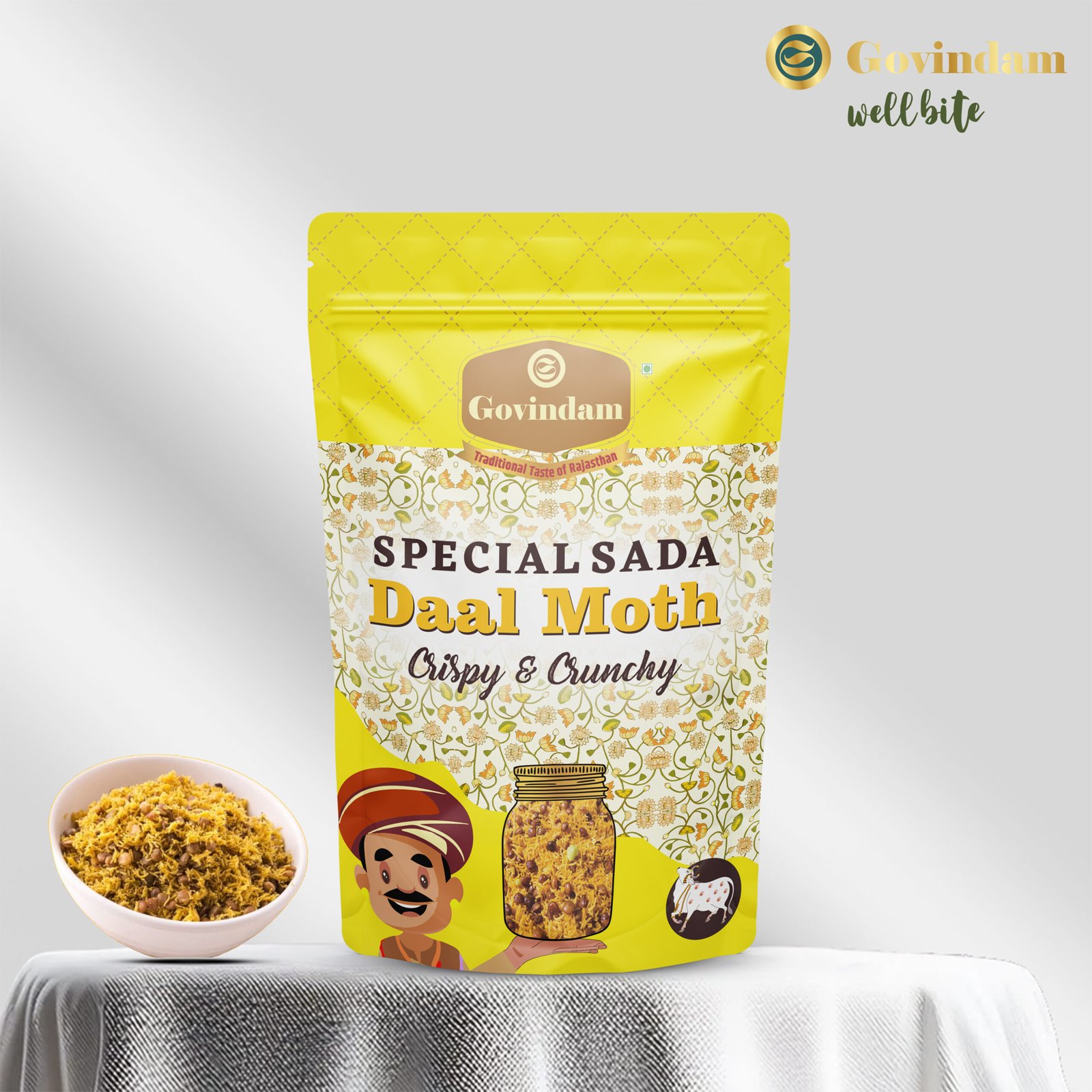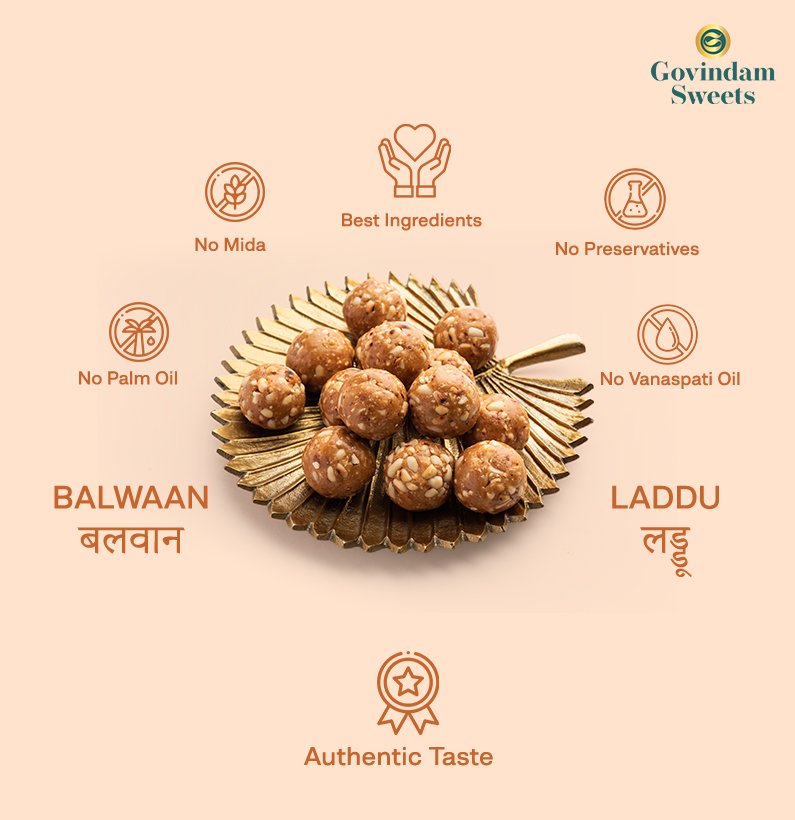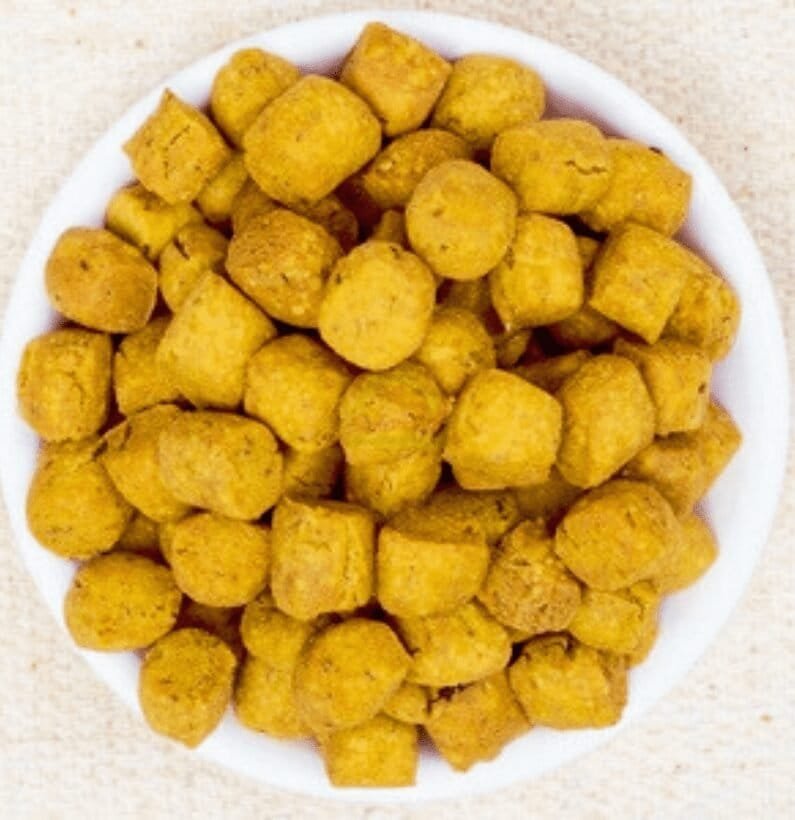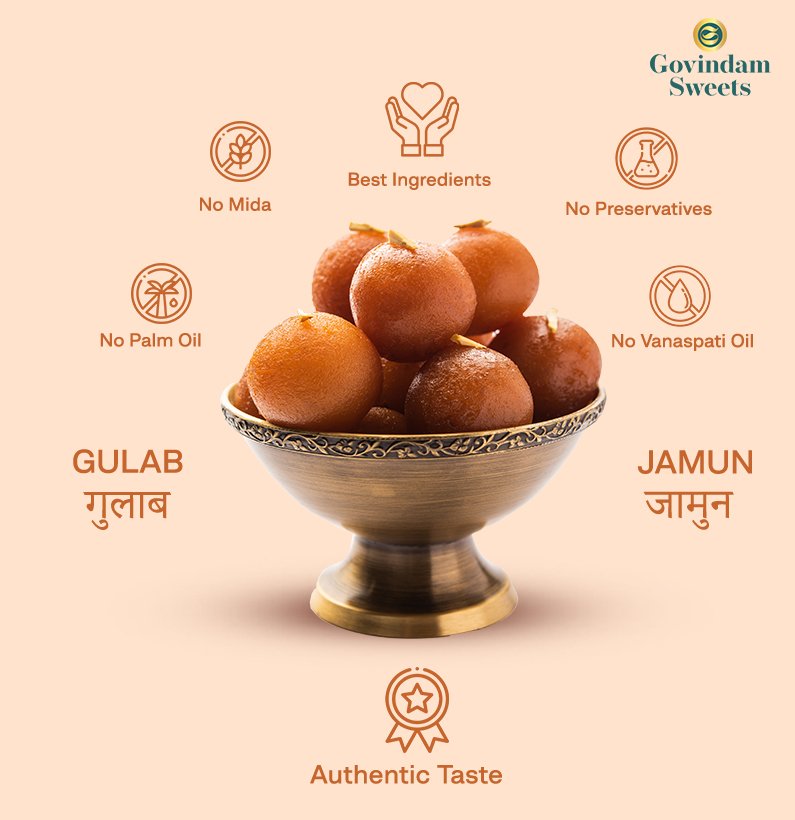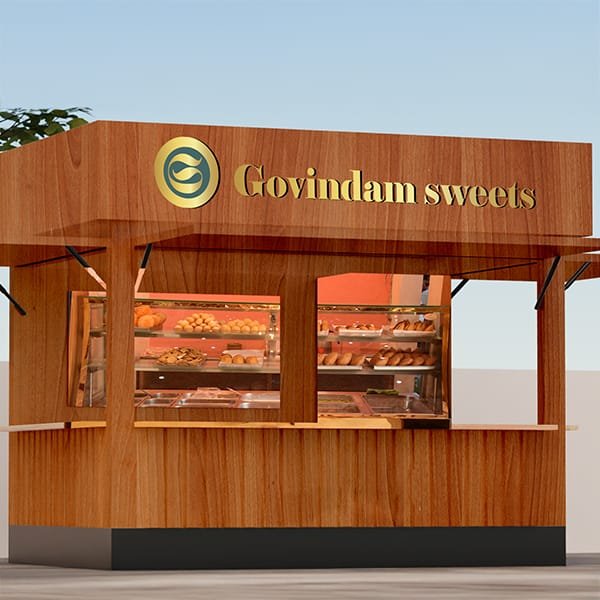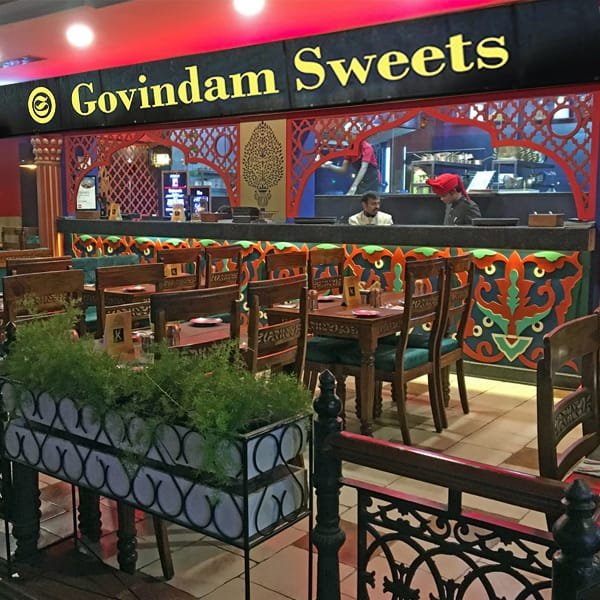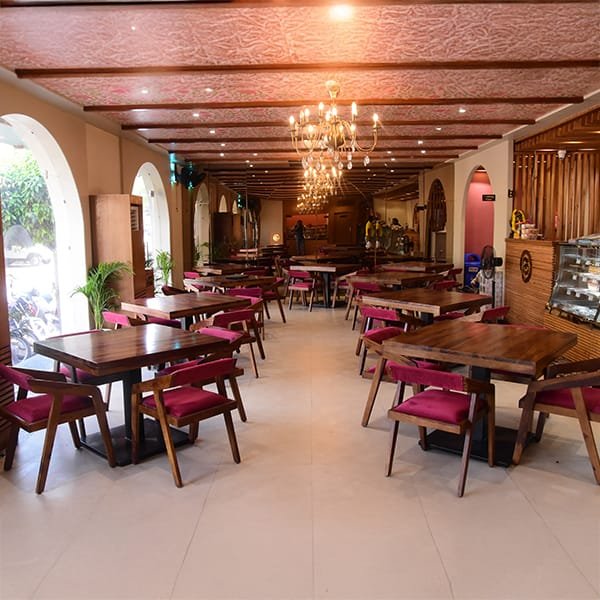
Posts
Delhi Sweet Shop Guide: Premium Franchise Manual 2024
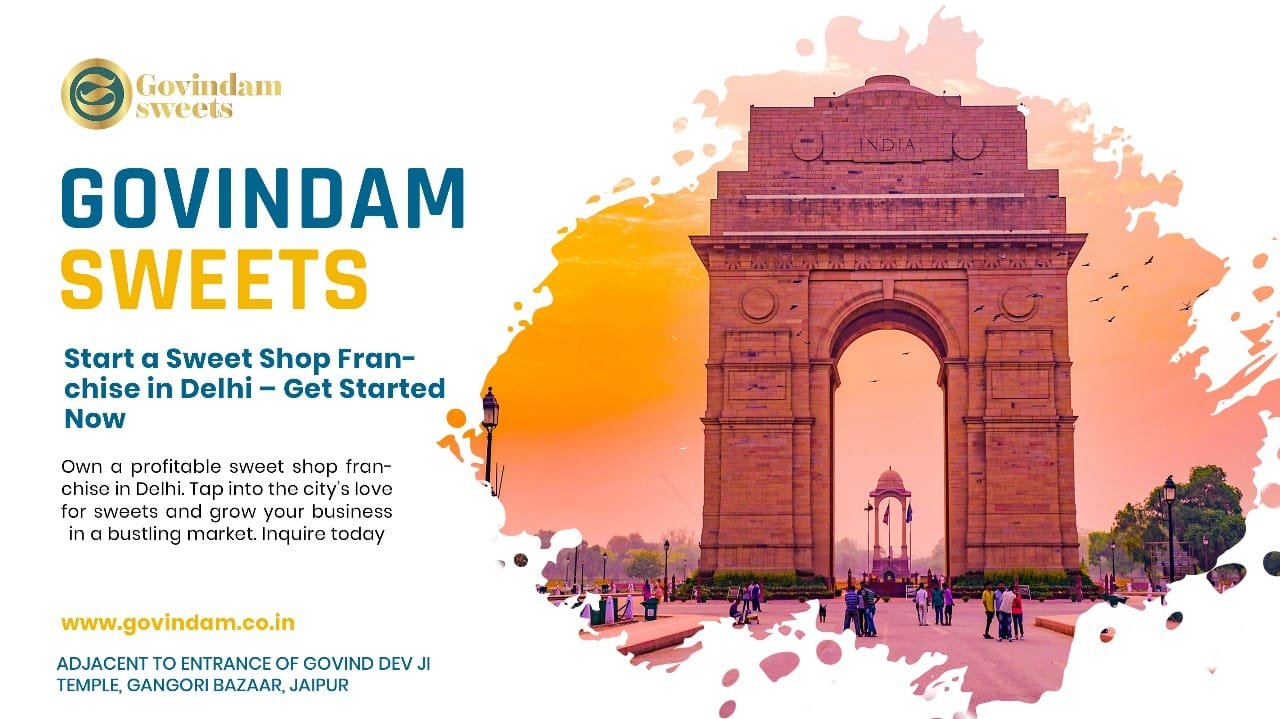
Explore Delhi’s legendary sweet shop ecosystem through our comprehensive Delhi Sweet Shop Guide: Premium Franchise Manual 2024. Discover iconic brands like Chaina Ram Delhi and Sindhi Halwai, understand investment opportunities, famous mithai varieties, and the cultural significance of Delhi’s sweet traditions in India’s capital city.
Table of Contents
- Delhi’s Sweet Shop Heritage and Market Overview
- Leading Sweet Shop Brands in Delhi
- Chaina Ram Delhi: The Legendary Pioneer
- Chaina Ram Sindhi Halwai Delhi: Traditional Excellence
- Sweets Famous in Delhi: Cultural Significance
- Best Sweet Shop Delhi Characteristics
- Delhi Famous Sweet Shop Investment Opportunities
- Famous Mithai in Delhi: Product Portfolio Analysis
- Best Mithai in Delhi: Quality Standards
- Good Sweet Shops in Delhi: Location Strategy
- Franchise Development Manual
- Market Trends and Consumer Preferences
- Digital Marketing for Delhi Sweet Shops
- Supply Chain and Quality Management
- Festival Marketing and Seasonal Strategies
- Frequently Asked Questions
Delhi’s Sweet Shop Heritage and Market Overview
Delhi’s position as India’s capital has created a unique Delhi Sweet Shop Guide: Premium Franchise Manual 2024 landscape that serves as the epicenter of the nation’s sweet culture. Our comprehensive Delhi Sweet Shop Guide: Premium Franchise Manual 2024 reveals how this historic city has fostered a thriving ecosystem where traditional sweet-making techniques meet modern business practices and diverse culinary influences according to our Delhi Sweet Shop Guide: Premium Franchise Manual 2024 research.
The delhi sweet shop market in the capital represents more than just commerce—it embodies centuries of cultural exchange, royal patronage, and culinary innovation that has made Delhi home to some of India’s most celebrated sweet establishments. According to our Delhi Sweet Shop Guide: Premium Franchise Manual 2024 analysis, the city’s strategic location has attracted sweet makers from across the subcontinent, creating a diverse and competitive marketplace as detailed in our Delhi Sweet Shop Guide: Premium Franchise Manual 2024.
This comprehensive Delhi Sweet Shop Guide: Premium Franchise Manual 2024 demonstrates how Delhi’s unique market dynamics have created opportunities for premium products including traditional specialties and modern innovations. Our Delhi Sweet Shop Guide: Premium Franchise Manual 2024 methodology identifies key success factors for sustainable business growth.
This Delhi Sweet Shop Guide: Premium Franchise Manual 2024 explores how Delhi’s cosmopolitan character, combined with its role as a major commercial and political center, has created unprecedented opportunities for sweet shop entrepreneurs while preserving traditional preparation methods and authentic flavors that define sweets famous in delhi. Our Delhi Sweet Shop Guide: Premium Franchise Manual 2024 emphasizes the importance of balancing heritage with innovation.
Modern best sweet shop delhi operations successfully balance heritage recipes with contemporary retail practices, leveraging the city’s diverse demographics and high purchasing power to build sustainable and profitable businesses as outlined in our comprehensive Delhi Sweet Shop Guide: Premium Franchise Manual 2024. This Delhi Sweet Shop Guide: Premium Franchise Manual 2024 provides essential frameworks for entrepreneurial success.
Leading Sweet Shop Brands in Delhi
The Delhi Sweet Shop Guide: Premium Franchise Manual 2024 identifies several dominant players that have shaped Delhi’s sweet retail landscape through decades of consistent quality and strategic expansion according to our Delhi Sweet Shop Guide: Premium Franchise Manual 2024 research methodology:
Market Leaders and Their Influence
Heritage Establishments:
- Multi-generational family businesses preserving traditional recipes and preparation methods
- Royal patronage legacy shops that have maintained their premium positioning
- Regional specialty stores that have successfully adapted to Delhi’s diverse palate
- Modern franchise operations leveraging traditional brand equity with contemporary business practices
Contemporary Success Stories:
- Technology-enabled sweet shops offering online ordering and delivery services
- Health-conscious establishments catering to changing dietary preferences
- Corporate-focused operations serving Delhi’s extensive business community
- Export-oriented manufacturers building international markets from Delhi base
According to our Delhi Sweet Shop Guide: Premium Franchise Manual 2024 research, the delhi famous sweet shop category includes establishments that have successfully navigated Delhi’s competitive market while maintaining authentic preparation methods and building strong customer loyalty across diverse demographic segments. This Delhi Sweet Shop Guide: Premium Franchise Manual 2024 analysis reveals key success patterns.
The competitive dynamics reward innovation, quality consistency, and strategic location selection, making Delhi an ideal market for both traditional sweet shops and modern franchise concepts as detailed in our comprehensive Delhi Sweet Shop Guide: Premium Franchise Manual 2024. Our Delhi Sweet Shop Guide: Premium Franchise Manual 2024 framework supports sustainable business development.
Chaina Ram Delhi: The Legendary Pioneer
Chaina ram delhi stands as one of the most iconic names in India’s sweet industry, representing over a century of excellence in traditional sweet preparation and having established the benchmark for quality and authenticity in the Delhi Sweet Shop Guide: Premium Franchise Manual 2024 market.
Legacy and Market Position
Historical Significance:
- Established heritage spanning multiple generations of sweet-making expertise
- Traditional recipes preserved and refined through decades of continuous operation
- Royal and aristocratic clientele that helped establish premium market positioning
- Cultural landmark status within Delhi’s food and commercial landscape
Contemporary Relevance:
- Successful adaptation to modern retail requirements while maintaining traditional preparation methods
- Strategic expansion across Delhi’s key commercial and residential areas
- Strong brand recognition transcending regional and demographic boundaries
- Consistent quality standards that have built unwavering customer loyalty
Our Delhi Sweet Shop Guide: Premium Franchise Manual 2024 analysis reveals that chaina ram delhi has maintained its market leadership through unwavering commitment to quality, strategic pricing, and continuous innovation within traditional frameworks. This Delhi Sweet Shop Guide: Premium Franchise Manual 2024 case study demonstrates sustainable business practices.
Business Model Excellence
Operational Strengths:
- Vertical integration ensuring ingredient quality and supply chain reliability
- Skilled artisan workforce trained in traditional preparation techniques
- Modern equipment integration enhancing efficiency without compromising authenticity
- Comprehensive quality control systems maintaining consistency across all outlets
Market Strategy:
- Premium positioning justified by superior ingredient quality and preparation methods
- Strategic location selection in high-footfall commercial and residential areas
- Festival-focused marketing campaigns leveraging cultural celebrations and gift-giving traditions
- Corporate partnership development for bulk orders and special occasion catering
Chaina Ram Sindhi Halwai Delhi: Traditional Excellence
Chaina ram sindhi halwai delhi represents the pinnacle of traditional halwai craftsmanship, combining authentic Sindhi sweet-making traditions with Delhi’s cosmopolitan market requirements as highlighted in our comprehensive Delhi Sweet Shop Guide: Premium Franchise Manual 2024. This Delhi Sweet Shop Guide: Premium Franchise Manual 2024 showcases excellence in heritage preservation.
Sindhi Tradition Meets Delhi Innovation
Cultural Heritage:
- Authentic Sindhi sweet-making techniques preserved through generations
- Traditional recipes adapted to Delhi’s diverse palate preferences
- Artisanal preparation methods maintaining authentic textures and flavors
- Cultural storytelling that connects customers with heritage and tradition
Modern Business Excellence:
- Professional management systems ensuring operational efficiency
- Quality standardization across multiple locations and product categories
- Customer service excellence enhancing overall brand experience
- Strategic marketing leveraging both heritage appeal and contemporary convenience
Competitive Differentiation
Quality Markers:
- Exclusive ingredient sourcing ensuring superior raw material quality
- Traditional cooking methods producing distinctive taste profiles
- Handcrafted preparation maintaining artisanal character
- Rigorous quality control ensuring consistency and safety standards
Market Positioning:
- Premium pricing strategy targeting discerning customers who value authenticity
- Limited production runs ensuring freshness and exclusivity
- Seasonal specialties aligned with cultural celebrations and festivals
- Customization services for special occasions and corporate events
Sweets Famous in Delhi: Cultural Significance
The sweets famous in delhi represent a remarkable convergence of regional traditions, royal patronage, and culinary innovation that has made the capital city a sweet lover’s paradise according to our comprehensive Delhi Sweet Shop Guide: Premium Franchise Manual 2024. Our Delhi Sweet Shop Guide: Premium Franchise Manual 2024 documents these cultural treasures.
Traditional Delhi Specialties
Iconic Sweet Varieties:
- Dil Khush offering unique texture and flavor combinations specific to Delhi
- Fruit cream preparations showcasing seasonal ingredient usage
- Traditional halwas prepared using ancestral recipes and techniques
- Regional fusion sweets combining different cultural traditions
Royal Heritage Sweets:
- Mughlai-influenced preparations reflecting Delhi’s royal history
- Elaborate presentation styles developed in royal kitchens
- Premium ingredient usage including saffron, pistachios, and silver leaf
- Complex preparation methods requiring exceptional skill and patience
Cultural Integration and Festivals
Festival Associations:
- Diwali celebrations driving 40-45% of annual sweet sales in Delhi
- Karva Chauth and other regional festivals creating specific product demands
- Wedding season generating substantial bulk orders and custom preparations
- Corporate Diwali gifting representing significant revenue opportunities
Social Significance:
- Sweet exchanges strengthening community relationships and cultural bonds
- Business relationship building through premium sweet gifting
- Tourist attraction contributing to Delhi’s cultural tourism appeal
- International representation of Indian sweet culture through Delhi’s diverse offerings
Best Sweet Shop Delhi Characteristics
Our Delhi Sweet Shop Guide: Premium Franchise Manual 2024 identifies specific characteristics that distinguish the best sweet shop delhi establishments from their competitors:
Quality Excellence Standards
Product Quality Indicators:
- Consistent taste and texture across all product categories and seasons
- Fresh preparation ensuring optimal flavor development and safety
- Premium ingredient usage creating superior sensory experiences
- Traditional preparation methods maintaining authentic character
Service Excellence Markers:
- Knowledgeable staff capable of explaining preparation methods and ingredients
- Efficient ordering systems minimizing customer wait times
- Customization capabilities for special orders and dietary requirements
- Reliable delivery services for bulk orders and special occasions
Customer Experience Excellence
Retail Environment Standards:
- Clean, well-organized display areas showcasing products attractively
- Comfortable shopping environment encouraging exploration and impulse purchases
- Strategic product placement maximizing visibility and cross-selling opportunities
- Modern payment systems ensuring smooth transaction processing
Brand Reliability Factors:
- Consistent operating hours and product availability
- Transparent pricing without hidden charges or seasonal fluctuations
- Dependable quality maintaining customer trust and repeat business
- Responsive customer service addressing concerns and feedback promptly
Delhi Famous Sweet Shop Investment Opportunities
The Delhi Sweet Shop Guide: Premium Franchise Manual 2024 reveals substantial investment opportunities in Delhi’s dynamic sweet retail market:
Market Size and Growth Potential
Industry Dynamics:
- Annual growth rate of 18-25% in Delhi’s organized sweet sector
- Increasing consumer preference for branded and quality-certified sweet products
- Festival-driven seasonal demand creating significant revenue spikes
- Corporate and export market expansion providing new revenue streams
Investment Categories:
- Franchise opportunities with established brands offering proven business models
- Independent sweet shops serving specific neighborhood markets
- Manufacturing and wholesale operations supplying retail and institutional markets
- Online-first brands leveraging digital marketing and delivery platforms
Financial Investment Analysis
Investment Ranges by Business Type:
Business ModelInitial InvestmentExpected ROIPayback PeriodNeighborhood Shop₹8-15 lakhs30-40%2-3 yearsPremium Franchise₹20-35 lakhs35-50%2.5-3.5 yearsManufacturing Unit₹75 lakhs-3 crores25-35%3-5 yearsPremium Branded Store₹30-60 lakhs40-55%2-4 years
Revenue Stream Analysis:
- Retail sales forming 60-70% of total revenue
- Wholesale distribution to smaller retailers contributing 15-20%
- Corporate and bulk orders providing 10-15% of stable revenue
- Online sales and delivery expanding market reach beyond physical location
Famous Mithai in Delhi: Product Portfolio Analysis
Our Delhi Sweet Shop Guide: Premium Franchise Manual 2024 provides comprehensive analysis of famous mithai in delhi varieties that drive customer preference and business profitability:
High-Demand Traditional Categories
Premium Sweet Varieties:
- Kaju katli maintaining consistent demand across all seasons and demographics
- Rasgulla variations adapted to Delhi’s taste preferences
- Traditional halwas including sooji, gajar, and motichur preparations
- Orange barfi varieties featuring different nuts and flavor combinations
Seasonal and Festival Specialties:
- Gujiya preparations during Holi festival creating significant seasonal revenue
- Laddu varieties for various cultural and religious celebrations
- Malai ghevar for special occasions and corporate events
- Petha and other regional specialties adapted to Delhi’s diverse population
Innovation and Fusion Products
Contemporary Adaptations:
- Sugar-free variants catering to health-conscious and diabetic consumers
- Organic ingredient usage including pure desi ghee appealing to premium market segments
- Fusion flavors combining traditional preparation with international tastes
- Rose sweet and phool kali representing innovative flavor profiles
Gift and Presentation Categories:
- Premium gift boxes for corporate and personal gifting occasions
- Customized packaging options for weddings and special events
- International shipping-friendly products for expatriate communities
- Corporate branding options for business relationship building
Savory Complement Products:
- Pyaz kachori and other traditional namkeen varieties
- Regional snack adaptations serving diverse taste preferences
- Festival-specific savory items complementing sweet offerings
- Health-conscious baked alternatives to traditional fried preparations
Best Mithai in Delhi: Quality Standards
The Delhi Sweet Shop Guide: Premium Franchise Manual 2024 establishes quality benchmarks that define best mithai in delhi categories according to our Delhi Sweet Shop Guide: Premium Franchise Manual 2024 research methodology:
Ingredient Quality Standards
Premium Ingredient Sourcing:
- Direct farmer relationships ensuring milk and dairy product freshness
- Imported nuts and dry fruits for premium product categories
- Traditional sugar and jaggery sourcing maintaining authentic flavors
- Spice and flavoring ingredient certification ensuring purity and potency
Quality Assurance Protocols:
- Regular testing for adulterants and contaminants
- Temperature-controlled storage maintaining ingredient integrity
- FIFO inventory rotation preventing spoilage and ensuring freshness
- Supplier certification programs guaranteeing consistent quality delivery
Preparation Excellence
Traditional Method Preservation:
- Skilled artisan training programs maintaining traditional techniques
- Time-honored cooking methods ensuring authentic taste development
- Handcrafted preparation maintaining artisanal character and quality
- Quality control checkpoints throughout the preparation process
Modern Safety Integration:
- FSSAI compliance ensuring food safety and hygiene standards
- Modern equipment usage enhancing efficiency without compromising authenticity
- Staff training programs covering both traditional techniques and modern safety protocols
- Documentation systems tracking quality control measures and improvements
Good Sweet Shops in Delhi: Location Strategy
Strategic location analysis forms a critical component of our Delhi Sweet Shop Guide: Premium Franchise Manual 2024 for establishing successful good sweet shops in delhi according to our Delhi Sweet Shop Guide: Premium Franchise Manual 2024 methodology:
Prime Commercial Areas
High-Footfall Commercial Zones:
- Connaught Place offering premium customer base and tourist traffic
- Khan Market serving affluent residential and expatriate communities
- Karol Bagh providing traditional customer base with strong sweet consumption patterns
- South Extension attracting modern consumers with diverse preferences
Traditional Market Areas:
- Chandni Chowk representing Delhi’s historical sweet shopping culture
- Lajpat Nagar serving traditional families and cultural communities
- Old Delhi markets offering authentic atmosphere and loyal customer base
- Nehru Place combining commercial and residential customer segments
Location Selection Criteria
Customer Demographics Analysis:
- Income levels determining pricing strategy viability and product mix
- Age distribution affecting traditional versus contemporary product preferences
- Cultural background influencing specific sweet variety demands
- Shopping patterns determining optimal operating hours and staffing requirements
Operational Feasibility Factors:
- Rental costs impacting overall profitability and pricing strategy
- Parking availability affecting customer convenience and visit frequency
- Supplier accessibility ensuring reliable ingredient delivery and cost management
- Competition density determining market share potential and differentiation requirements
Franchise Development Manual
This comprehensive section of our Delhi Sweet Shop Guide: Premium Franchise Manual 2024 provides step-by-step guidance for franchise development according to our proven Delhi Sweet Shop Guide: Premium Franchise Manual 2024 framework:
Phase 1: Market Research and Planning
Comprehensive Market Analysis:
- Demographic Study – Analyze target customer segments, purchasing power, and cultural preferences
- Competition Assessment – Evaluate existing players, market gaps, and competitive positioning opportunities
- Location Research – Identify optimal areas balancing footfall, demographics, and investment requirements
- Financial Planning – Develop comprehensive business plans with realistic projections and risk assessment
Regulatory and Legal Requirements:
- FSSAI license for food business operations and safety compliance
- Delhi municipal corporation trade license and clearances
- GST registration and ongoing tax compliance management
- Labor law compliance and employee registration requirements
Phase 2: Infrastructure and Operations Setup
Physical Infrastructure Development:
- Kitchen facilities designed for efficiency, safety, and scalability
- Display areas optimized for product visibility and customer experience
- Storage systems maintaining proper temperature control and hygiene standards
- Customer service areas enhancing overall shopping experience and comfort
Operational System Implementation:
- Supply chain establishment with reliable ingredient sourcing
- Quality control protocols ensuring consistency and safety
- Staff training programs covering both technical skills and customer service
- Inventory management systems optimizing turnover and minimizing waste
Phase 3: Marketing and Growth Strategy
Brand Development and Positioning:
- Brand identity creation reflecting heritage, quality, and market positioning
- Marketing collateral development including signage, packaging, and promotional materials
- Digital presence establishment including website, social media, and online ordering platforms
- Customer loyalty programs encouraging repeat business and word-of-mouth marketing
Sales and Revenue Generation:
- Festival marketing campaigns leveraging cultural celebrations and gift-giving traditions
- Corporate partnership development for bulk orders and catering opportunities
- Community engagement through local events and cultural participation
- Online expansion strategies reaching broader customer base beyond physical location
Market Trends and Consumer Preferences
Our Delhi Sweet Shop Guide: Premium Franchise Manual 2024 identifies key market trends shaping Delhi’s sweet industry according to comprehensive Delhi Sweet Shop Guide: Premium Franchise Manual 2024 research:
Current Consumer Trends
Health Consciousness Movement:
- Increased demand for sugar-free and diabetic-friendly sweet varieties
- Organic ingredient preference among premium market segments
- Portion control packaging appealing to calorie-conscious consumers
- Traditional ingredient revival including jaggery and natural sweeteners
Convenience and Technology Adoption:
- Online ordering platforms becoming standard customer expectation
- Home delivery services expanding market reach and customer convenience
- Mobile payment systems reducing transaction friction and improving efficiency
- Social media engagement driving brand awareness and customer acquisition
Demographic Shifts
Urban Professional Preferences:
- Premium quality preference over quantity among high-income consumers
- Brand consciousness increasing among younger demographics
- International exposure influencing taste preferences and expectations
- Time-conscious shopping patterns favoring efficient service and delivery options
Cultural Integration Patterns:
- Cross-cultural sweet appreciation expanding traditional market boundaries
- Festival celebration participation across diverse communities
- Gift-giving tradition adoption by non-traditional demographic segments
- Tourist and expatriate markets creating new revenue opportunities
Digital Marketing for Delhi Sweet Shops
The Delhi Sweet Shop Guide: Premium Franchise Manual 2024 emphasizes digital marketing as essential for modern sweet shop success according to our Delhi Sweet Shop Guide: Premium Franchise Manual 2024 analysis:
Online Presence Development Strategy
Website and E-commerce Platform:
- Mobile-responsive design accommodating smartphone-dominant user behavior
- Product catalogs featuring high-quality photography and detailed descriptions
- Online ordering systems with secure payment processing and order tracking
- SEO optimization targeting local search terms and product-specific keywords
Social Media Marketing Excellence:
- Instagram marketing showcasing visually appealing product photography and preparation videos
- Facebook community building around festival celebrations and cultural traditions
- WhatsApp Business facilitating direct customer communication and order management
- YouTube content featuring preparation methods, cultural significance, and customer testimonials
Search Engine Marketing and Local SEO
Google My Business Optimization:
- Complete business profile with accurate location, hours, and contact information
- Regular posting of updates, offers, and festival-specific content
- Customer review management maintaining positive online reputation
- Local keyword optimization improving visibility for location-based searches
Paid Advertising Strategies:
- Google Ads targeting high-intent keywords including “sweet shop near me” and product-specific terms
- Facebook advertising leveraging demographic targeting and interest-based audience selection
- Instagram sponsored posts reaching food enthusiasts and cultural community members
- Seasonal campaign optimization maximizing ROI during festival periods
Supply Chain and Quality Management
Effective supply chain management represents a cornerstone of successful Delhi Sweet Shop Guide: Premium Franchise Manual 2024 operations according to our comprehensive Delhi Sweet Shop Guide: Premium Franchise Manual 2024 methodology:
Ingredient Sourcing Excellence
Premium Supplier Network Development:
- Direct relationships with dairy farms ensuring consistent milk quality and supply reliability
- Specialized nut and dry fruit suppliers providing premium-grade ingredients
- Traditional sugar and jaggery suppliers maintaining authentic flavor profiles
- Spice and flavoring suppliers offering certified organic and pure ingredients
Supply Chain Risk Management:
- Multiple supplier relationships preventing supply disruption and price volatility
- Quality certification requirements for all ingredient suppliers
- Regular supplier audits ensuring compliance with quality and safety standards
- Cost optimization strategies balancing quality requirements with profitability targets
Quality Control and Safety Protocols
Production Quality Standards:
- Standardized recipes ensuring consistency across different preparation batches and locations
- Temperature monitoring during cooking, cooling, and storage processes
- Hygiene protocols covering staff training, equipment sanitization, and production area maintenance
- Regular quality testing for taste, texture, appearance, and safety parameters
Storage and Distribution Excellence:
- Temperature-controlled storage facilities preserving ingredient integrity and finished product quality
- FIFO inventory rotation systems preventing spoilage and ensuring optimal freshness
- Packaging standards protecting products during transport and extending shelf life
- Delivery protocols maintaining product quality from production to customer
Festival Marketing and Seasonal Strategies
The Delhi Sweet Shop Guide: Premium Franchise Manual 2024 recognizes festival marketing as crucial for maximizing revenue potential according to our Delhi Sweet Shop Guide: Premium Franchise Manual 2024 research:
Major Festival Revenue Opportunities
Primary Festival Seasons:
- Diwali generating 35-40% of annual sales through individual and corporate gift purchases
- Karva Chauth creating demand for specific sweet varieties and gift packaging
- Holi celebrations driving gujiya and other seasonal sweet sales
- Raksha Bandhan and other sibling festivals creating gift-giving opportunities
Corporate and Business Festival Marketing:
- Corporate Diwali gifting programs representing substantial bulk order opportunities
- Business relationship maintenance through premium sweet gift packages
- Employee appreciation programs during various cultural celebrations
- Client entertainment and hospitality requirements during festival seasons
Strategic Campaign Development
Pre-Festival Preparation:
- Market research identifying trending products and customer preferences
- Inventory planning ensuring adequate stock for anticipated demand surges
- Special packaging development creating attractive gift presentation options
- Marketing campaign development building awareness and anticipation
Festival Execution Excellence:
- Extended operating hours accommodating increased customer traffic and demand
- Special promotional offers and combination packages driving average transaction values
- Corporate client outreach programs maximizing bulk order opportunities
- Social media campaigns showcasing festival-specific preparations and cultural significance
Frequently Asked Questions
Q1: What is the typical investment required to start a sweet shop in Delhi according to the Delhi Sweet Shop Guide: Premium Franchise Manual 2024? According to our Delhi Sweet Shop Guide: Premium Franchise Manual 2024 analysis, starting a sweet shop in Delhi typically requires ₹8-35 lakhs depending on location, size, and positioning strategy. Small neighborhood operations need ₹8-15 lakhs while premium locations or established franchise operations require ₹20-35 lakhs. This investment covers equipment, renovation, licenses, initial inventory, and 3-6 months working capital as outlined in our Delhi Sweet Shop Guide: Premium Franchise Manual 2024.
Q2: How do established brands like Chaina Ram maintain their market leadership position? Our Delhi Sweet Shop Guide: Premium Franchise Manual 2024 reveals that chaina ram delhi and chaina ram sindhi halwai delhi maintain leadership through consistent quality control, traditional recipe preservation, strategic location selection, premium ingredient sourcing, effective festival marketing, customer loyalty programs, and continuous innovation within traditional frameworks while maintaining authentic preparation methods.
Q3: Which sweet varieties represent the most profitable products in Delhi’s market according to the Delhi Sweet Shop Guide: Premium Franchise Manual 2024? The Delhi Sweet Shop Guide: Premium Franchise Manual 2024 identifies high-margin products including premium kaju katli, traditional halwas, motichur laddu, orange barfi, and malai ghevar varieties. Our Delhi Sweet Shop Guide: Premium Franchise Manual 2024 analysis shows that famous mithai in delhi category also includes innovative products like rose sweet and petha that command premium pricing while maintaining strong demand.
Q4: What are the primary challenges facing sweet shop entrepreneurs in Delhi according to the Delhi Sweet Shop Guide: Premium Franchise Manual 2024? Key challenges identified in our Delhi Sweet Shop Guide: Premium Franchise Manual 2024 include maintaining consistent quality across seasons, managing perishable inventory efficiently, competing with established heritage brands, ensuring food safety compliance, managing skilled labor requirements, adapting to health-conscious consumer trends, and balancing traditional authenticity with modern business practices. Our Delhi Sweet Shop Guide: Premium Franchise Manual 2024 provides solutions for these challenges.
Q5: How important is location selection for sweet shop success in Delhi according to the Delhi Sweet Shop Guide: Premium Franchise Manual 2024? Location selection is absolutely critical for good sweet shops in delhi success according to our Delhi Sweet Shop Guide: Premium Franchise Manual 2024. Prime areas like Connaught Place, Khan Market, and traditional markets offer higher footfall but command premium rents. Our Delhi Sweet Shop Guide: Premium Franchise Manual 2024 emphasizes balancing customer demographics, accessibility, competition, and rental costs for optimal success.
Q6: What digital marketing strategies prove most effective for Delhi sweet shops? Our Delhi Sweet Shop Guide: Premium Franchise Manual 2024 recommends Google My Business optimization for local searches, Instagram marketing with high-quality food photography, WhatsApp Business for direct customer communication, festival-specific social media campaigns, mobile-optimized websites with online ordering, customer review management, and strategic partnerships with food influencers and cultural organizations.
Q7: How can new entrepreneurs compete with established players like heritage sweet shops according to the Delhi Sweet Shop Guide: Premium Franchise Manual 2024? The Delhi Sweet Shop Guide: Premium Franchise Manual 2024 suggests new entrants can compete by focusing on niche markets, offering innovative products like gujiya maker tools and health-conscious alternatives using pure desi ghee, providing superior customer service, leveraging technology effectively, choosing strategic locations in emerging areas, building strong community relationships, and creating unique value propositions while respecting traditional preparation methods. Our Delhi Sweet Shop Guide: Premium Franchise Manual 2024 framework supports competitive positioning.
Q8: What role do festivals play in Delhi sweet shop revenue generation according to the Delhi Sweet Shop Guide: Premium Franchise Manual 2024? According to our Delhi Sweet Shop Guide: Premium Franchise Manual 2024, festivals generate 40-50% of annual revenue for most delhi famous sweet shop operations. Diwali alone accounts for 35-40% of yearly sales through individual purchases and corporate gifting. The sweets famous in delhi during festival seasons include both traditional varieties and seasonal specialties like rasgulla and pyaz kachori combinations, creating significant profit opportunities for well-prepared establishments according to our Delhi Sweet Shop Guide: Premium Franchise Manual 2024 analysis.
Conclusion: Building Sweet Success in India’s Capital
The Delhi Sweet Shop Guide: Premium Franchise Manual 2024 reveals that Delhi’s sweet shop market offers exceptional opportunities for entrepreneurs who understand the delicate balance between preserving traditional heritage and embracing modern business innovation. Success in this prestigious market requires more than exceptional recipes—it demands strategic thinking, cultural sensitivity, and unwavering commitment to quality excellence as outlined throughout our comprehensive Delhi Sweet Shop Guide: Premium Franchise Manual 2024.
Whether following proven models like chaina ram delhi and chaina ram sindhi halwai delhi, or developing innovative concepts that honor traditional preparation while meeting contemporary expectations, entrepreneurs must recognize that sweet shops in Delhi serve as cultural ambassadors, celebration enablers, and community connection points alongside their commercial objectives according to our Delhi Sweet Shop Guide: Premium Franchise Manual 2024.
The most successful operations understand that Delhi’s unique position as India’s capital creates unprecedented opportunities for both traditional specialties and innovative fusion products. By combining authentic preparation methods with strategic business practices, effective location selection with comprehensive digital marketing, and consistent quality delivery with exceptional customer service, sweet shop entrepreneurs can build thriving enterprises that contribute to Delhi’s legendary culinary reputation while generating sustainable profitability as demonstrated in our Delhi Sweet Shop Guide: Premium Franchise Manual 2024.
The best mithai in delhi market continues evolving, offering space for heritage preservation and contemporary innovation, making this an ideal time for well-prepared entrepreneurs to enter Delhi’s dynamic sweet retail landscape with the guidance provided in our comprehensive Delhi Sweet Shop Guide: Premium Franchise Manual 2024. Our Delhi Sweet Shop Guide: Premium Franchise Manual 2024 framework ensures sustainable business development and long-term success in this prestigious market.

